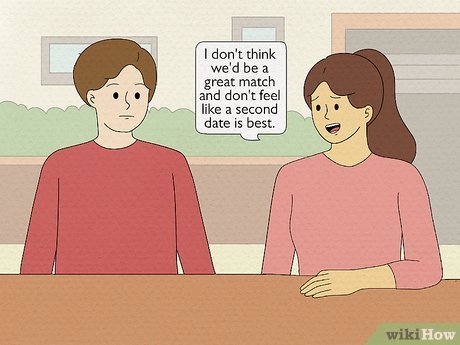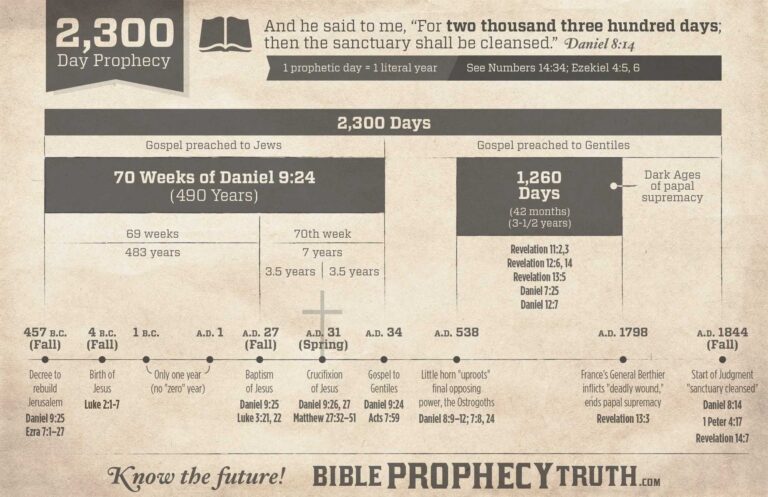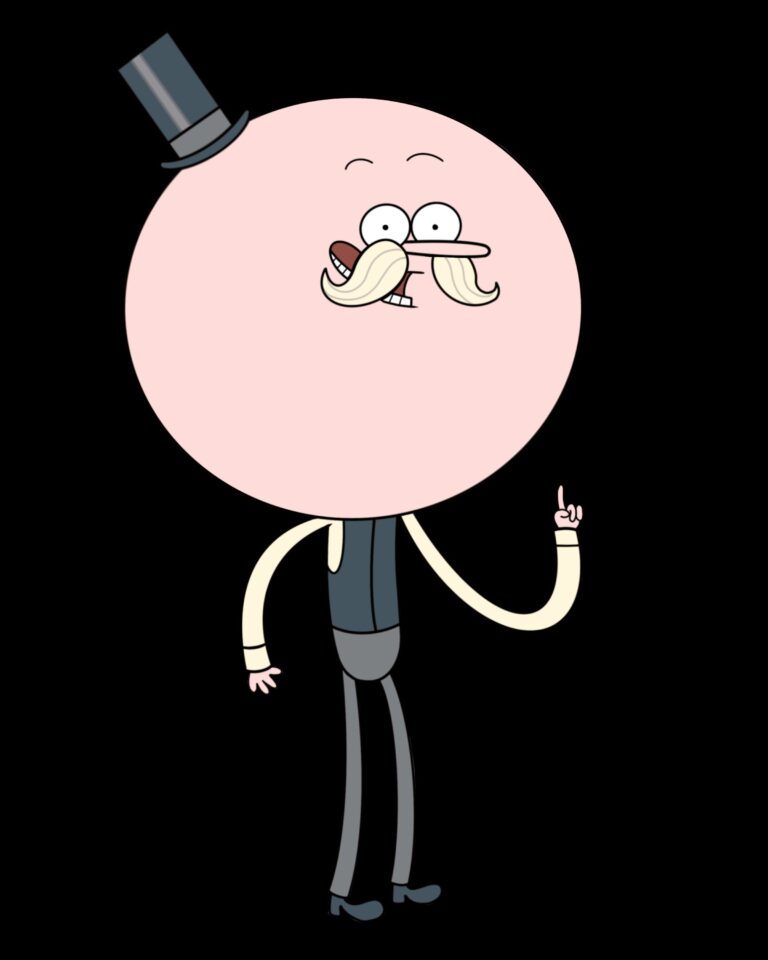Telling someone you don’t want a second date can be challenging, but it’s essential to be honest and respectful. Communicate your feelings clearly and directly to avoid misunderstandings. Start by thanking them for the first date and express your thoughts kindly. Remember, honesty is key in handling this delicate situation. Communication is key when it comes to how to tell someone you don’t want a second date.
How to Tell Someone You Don’t Want a Second Date
Welcome to our guide on how to navigate the tricky waters of letting someone know that you’re not interested in a second date. It can be challenging to have this conversation, but being honest and respectful is key. In this article, we will discuss various methods and tips to communicate your feelings effectively while maintaining kindness and empathy towards the other person. Remember, being upfront is the best approach in any dating situation!
1. Trust Your Instincts
Before delving into how to communicate your decision, it’s important to trust your instincts. If you’re not feeling a connection or are simply not interested in pursuing a second date, it’s okay. Listen to your gut feelings and acknowledge that it’s perfectly normal to not click with everyone you meet. Being true to yourself is crucial in any relationship, even if it means delivering difficult news.
2. Choose the Right Timing and Method
Timing is crucial when it comes to having this conversation. Ideally, you should address the issue as soon as you’ve made up your mind about not wanting a second date. Delaying the conversation can lead to unnecessary anxiety for both parties. Additionally, choose a method of communication that aligns with the level of intimacy you’ve shared so far. A face-to-face conversation is usually the most respectful option, but a phone call or message can also be appropriate depending on your comfort level.
2.1 Prepare Yourself Mentally
Before initiating the conversation, take some time to prepare yourself mentally. Remind yourself that delivering this message is the right thing to do, and it’s an essential part of dating. Stay calm and focused on expressing your feelings honestly and respectfully.
2.2 Be Direct but Kind
When you’re ready to have the conversation, be direct but kind in your approach. Clearly communicate your feelings without beating around the bush. Use “I” statements to express your perspective without blaming the other person. For example, say, “I don’t feel a romantic connection between us” instead of “You are not my type.”
3. Express Gratitude
Regardless of the outcome, it’s important to express gratitude for the time you’ve spent together. Acknowledge the positive aspects of the date and the qualities you appreciate in the other person. Avoid criticism or negative comments as they can hurt the other person’s feelings unnecessarily.
3.1 Highlight Shared Interests
During the conversation, emphasize any shared interests or enjoyable moments you had during the date. This can help soften the blow of your decision and show that you value the time you spent together, even if a romantic connection isn’t there.
3.2 Offer Feedback (Optional)
If you feel comfortable and believe it can be constructive, you can offer feedback to the other person. Highlight positive aspects of their personality or behavior that you appreciated, along with areas where they could improve in future dates. However, be cautious with this approach and ensure your feedback is constructive and not hurtful.
4. Allow Room for Their Response
After you’ve shared your feelings, allow the other person room to respond. They might need time to process the information and share their perspective. Listen attentively and empathetically to what they have to say, even if it’s difficult to hear. Respect their feelings and give them the space to express themselves.
4.1 Be Understanding
It’s essential to be understanding and empathetic towards the other person’s emotions. Rejection can be tough to handle, so show empathy and kindness throughout the conversation. Avoid being defensive or dismissive of their feelings, even if you feel uncomfortable.
4.2 Set Boundaries
If the other person reacts negatively or becomes aggressive, it’s crucial to set boundaries and end the conversation respectfully. You have the right to prioritize your emotional well-being and safety. Politely but firmly communicate that the conversation has come to an end if it becomes too intense or uncomfortable.
5. Focus on Self-Care
After having the conversation, prioritize self-care and emotional well-being. It’s okay to feel a range of emotions, including guilt or sadness. Allow yourself time to process the experience and engage in activities that bring you comfort and joy. Remember that being honest and respectful in relationships is a sign of maturity and emotional intelligence.
5.1 Reflect on the Experience
Take some time to reflect on the conversation and the overall dating experience. Consider what you’ve learned about yourself and your preferences, as well as how you can approach similar situations in the future. Every dating interaction provides an opportunity for personal growth and self-discovery.
5.2 Stay Open to New Connections
Finally, stay open to new connections and experiences in your dating journey. Just because one date didn’t work out doesn’t mean that the right person isn’t out there. Approach each new interaction with an open mind and a willingness to connect with others. Remember, dating is a learning process, and each experience brings you closer to finding the right match.
By following these tips and approaches, you can navigate the delicate conversation of telling someone you don’t want a second date with honesty, empathy, and respect. Remember, it’s okay to prioritize your feelings and communicate them authentically, even if it may be challenging. Trust in your instincts and trust that the right person will respect your honesty and value your integrity in the dating process.
How To Say You Don't Want a Second Date
Frequently Asked Questions
How do I politely decline a second date with someone?
To politely decline a second date with someone, it’s important to be honest but also considerate of their feelings. You can express gratitude for the first date and mention that while you enjoyed meeting them, you don’t feel a romantic connection. Keep your message clear and direct, but also offer kind words to soften the message.
Should I be specific about why I don’t want a second date?
Being specific about why you don’t want a second date can provide clarity to the other person. If there was a particular reason, you can gently mention it without being harsh or critical. However, if you prefer not to go into details, it’s perfectly fine to keep your explanation more general and focus on the lack of a romantic spark.
Is it okay to decline a second date over text or message?
While having a face-to-face conversation is often considered the most respectful approach, declining a second date over text or message is acceptable, especially if you don’t feel comfortable meeting in person again. Ensure that your message is thoughtful and empathetic, demonstrating your appreciation for the first date while kindly expressing your decision not to pursue further romantic involvement.
Final Thoughts
When it comes to expressing that you don’t want a second date, honesty is key. Choose a compassionate yet clear approach to communicate your feelings respectfully. Directly addressing the topic and providing genuine feedback can help both parties move forward amicably. Remember, being upfront about not wanting a second date is better than leading someone on or creating false hope. So, always prioritize open communication when navigating the delicate conversation of how to tell someone you don’t want a second date.






+ There are no comments
Add yours